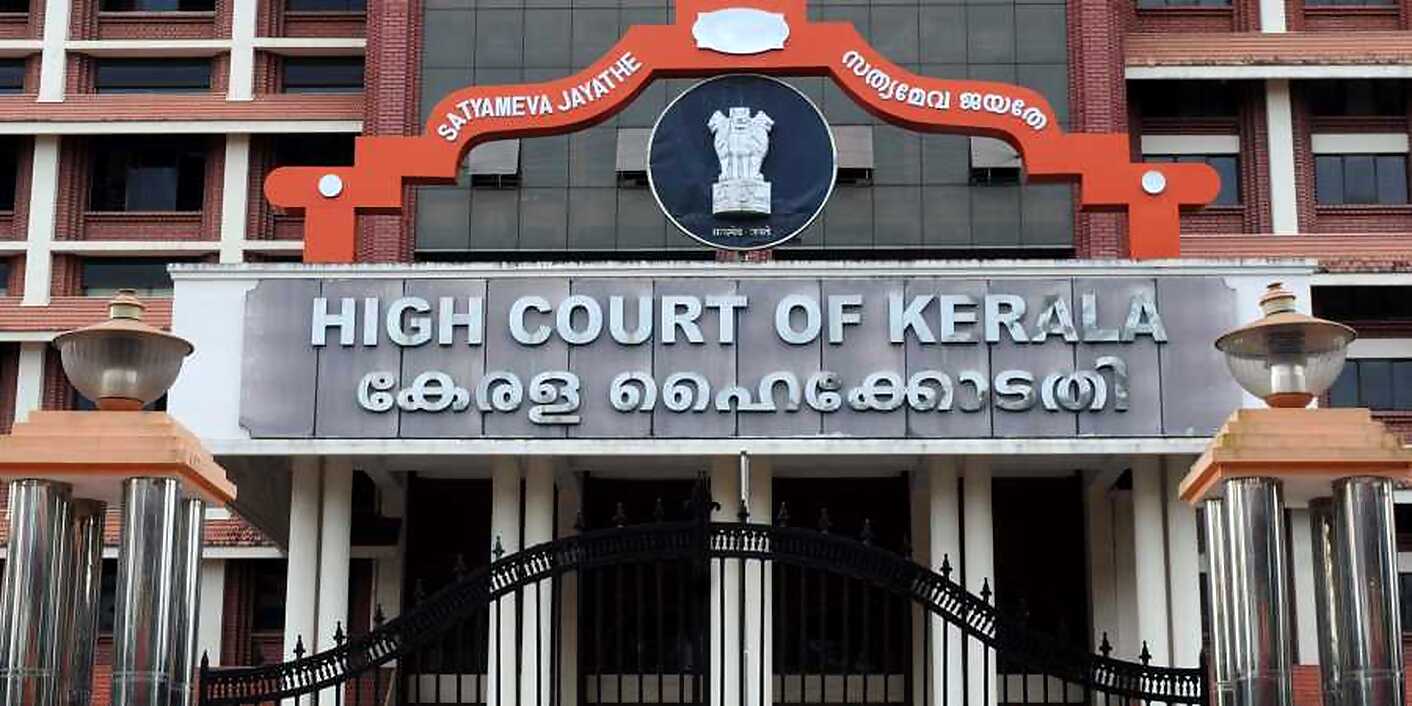Every transaction with in-laws can’t be termed as ‘in circumstances arising out of marital relationship’ in order to bring it under jurisdictional competence of Family Court: Kerala HC

Read Judgment: P.T Philipose and Anamma Philipose vs. Sunil Jacob and Others
LE Correspondent
Kochi, March 24, 2022: Finding that the transaction between son-in-law and father-in-law was purely a business/commercial transaction and hence cannot be termed as a suit or proceedings for an order or injunction in circumstances arising out of a marital relationship, the Kerala High Court (ErnakulmBench) opined that cause of action for realizing the money advanced would exist independently before an ordinary civil court as the transaction is purely a civil dispute.
A Division Bench of Justice A. MuhamedMustaque and Justice Sophy Thomas observed that every transaction by either of the spouse or by both of them with the in-laws or relatives cannot be termed as ‘in circumstances arising out of a marital relationship’ in order to bring it under jurisdictional competence of Family Court.
Going by the background of the case, P.T Philipose (petitioner) married first respondent as per Christian religious rites and ceremonies. The father-in-law (second respondent) was running a business by name M/s. Sinai Pharmaceuticals Pvt. Ltd. at Bangalore. As he was suffering from financial crisis, he borrowed amounts from the petitioner on various occasions totaling 81,300 U.S dollars assuring that it could be returned with 18% interest as and when demanded. Rs.1 lakh was repaid towards interest and in June 2008, Rs.19,11,080/- was returned to the petitioner. The balance outstanding is Rs.75,90,522/- was not repaid even after sending lawyer notice.
According to the petitioner, he advanced the amounts to second respondent on the insistence of his wife. So he filed the O.P before Family Court, Kottayam arraying his wife, parents in law and brother-in-law to realize the amount, as the transaction, according to him, occurred on account of his marital relationship with the first respondent.Respondents challenged the transaction as well as maintainability of the O.P before Family Court, Kottayam.
In the course of trial, the Family Court, Kottayam was found to have jurisdictional competence, and the O.P was allowed in part with cost of Rs.5,000/- permitting the petitioner to realize Rs.15,78,716/- from first & second respondents with 12% interest from the date of demand till realization. The first respondent (wife) assailed the decree on the ground that she was denied an opportunity to defend the case for want of proper notice, leading to an ex parte decree against her.
As far as jurisdictional competence of Family Court to entertain the O.P is concerned, the High Court observed that the prime question to be asked on institution of a proceeding before Family Court u/s 7(1) r/w Explanation (d) of the Family Courts Act, 1984, is as to whether the foundation of the claim was a marital relationship and whether the petition and the relief emerged in the circumstances closely preceding, surrounding and following a marital relationship.
In the case in hand, the High Court noted that the transaction between the son-in-law and the father-in-law was purely a business transaction of advancing amounts either to invest in business or to repay with interest as and when demanded.
“Ext.B17 lawyer notice demanding the amount was sent by the son-in-law to the father-in- law. He was claiming the amount back from his father-in-law, as the amounts were received by him only. When examined before court as PW1, he categorically deposed that his wife never demanded money from him and it was the father-in-law who demanded the money, and received the same. Though, in the pleadings, he has got a case that he advanced money to his father-in-law as insisted by his wife, no evidence is forthcoming to prove that contention”, added the Court.
Justice Thomas found that first appellant was permanently residing at Bangalore and therespondent has no case that he paid any amount to the first appellant at Kottayam.
So, going by Section 20 CPC also, the courts at Kottayam will not get territorial jurisdiction to entertain the money claim made by the respondent as the transaction in its entirety or any part of it never occurred at Kottayam and the appellants were also not residing at Kottayam, even going by the petition averments, added the Bench.
Therefore, the High Court concluded that the Family Court, Kottayam had no jurisdictional competence or territorial jurisdiction to entertain the petition.
Sign up for our weekly newsletter to stay up to date on our product, events featured blog, special offer and all of the exciting things that take place here at Legitquest.




Add a Comment